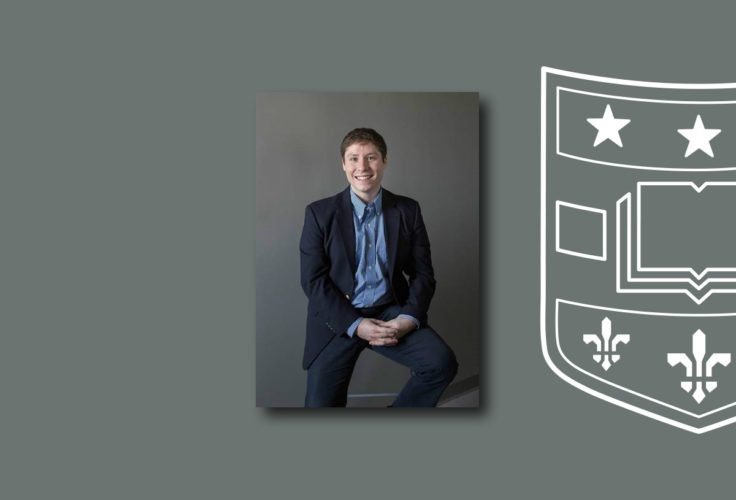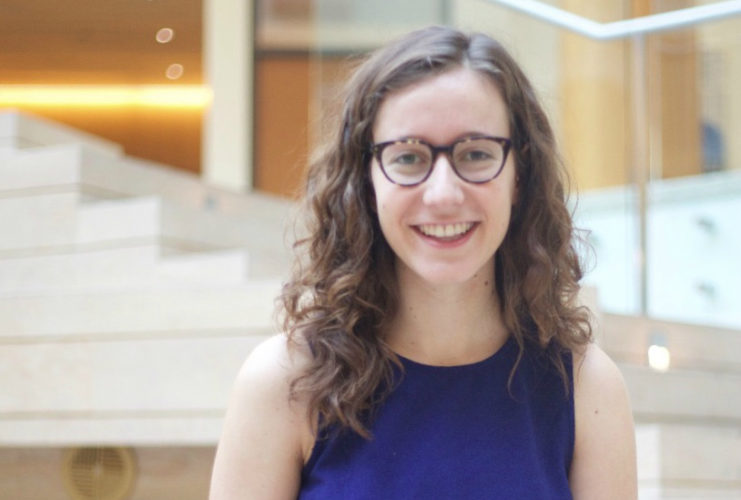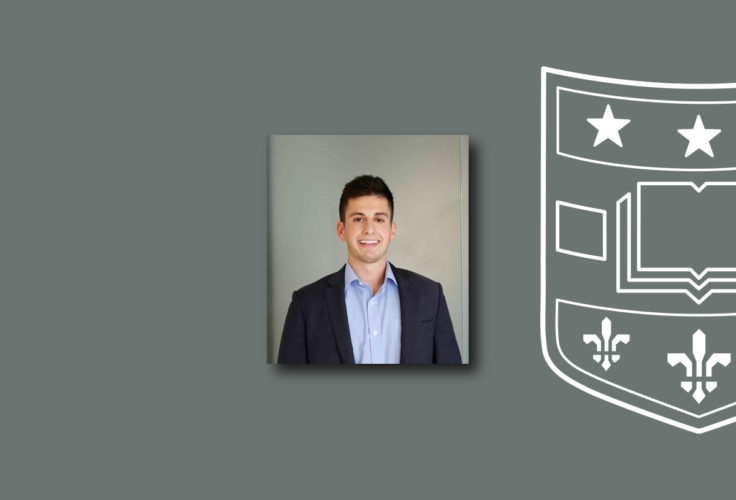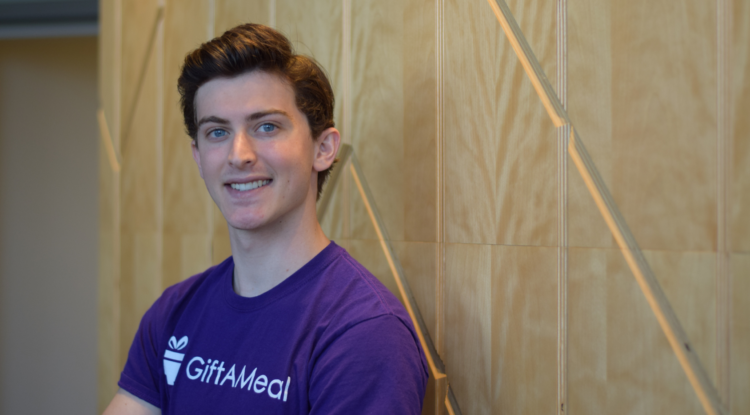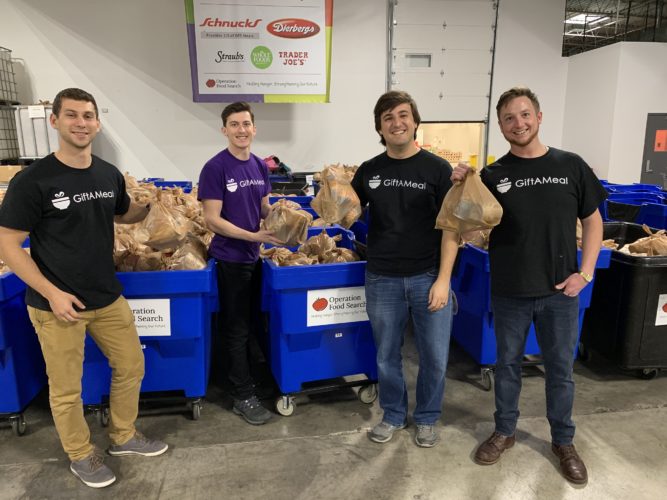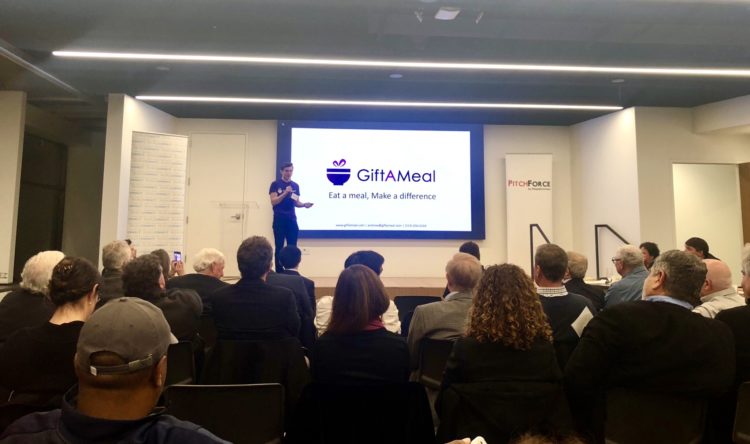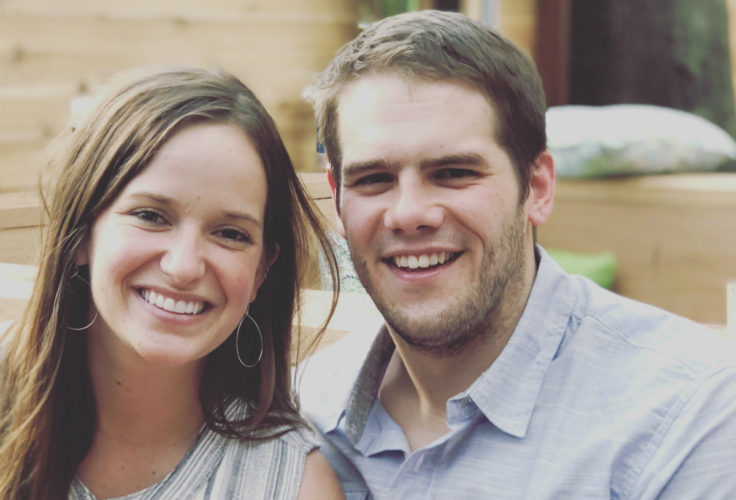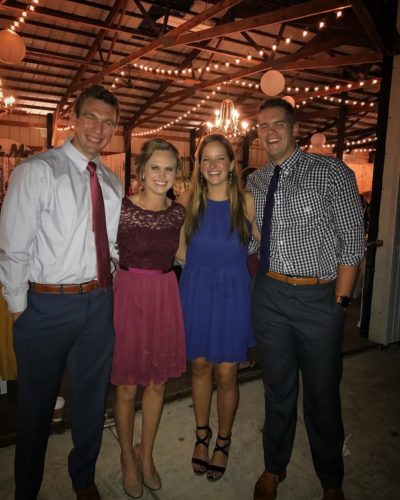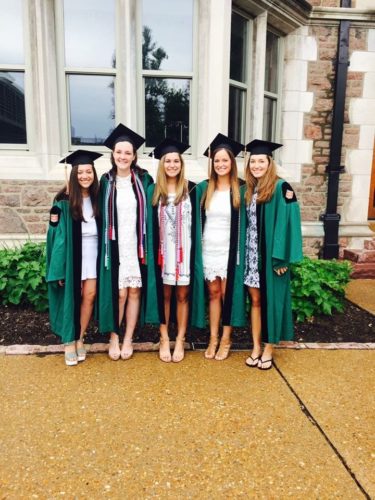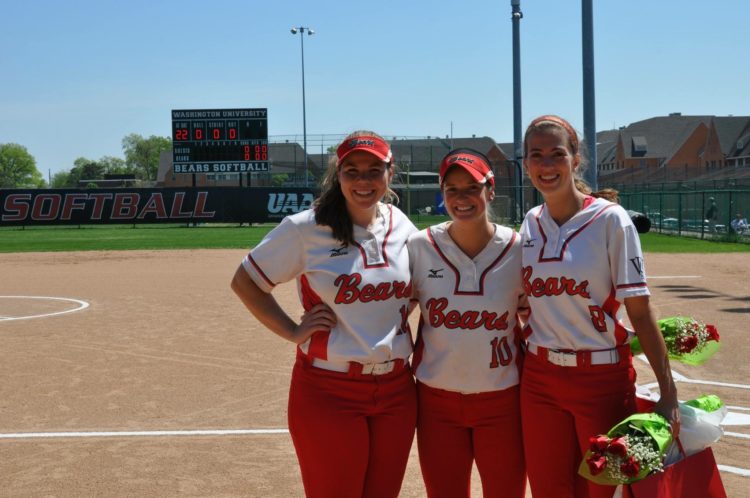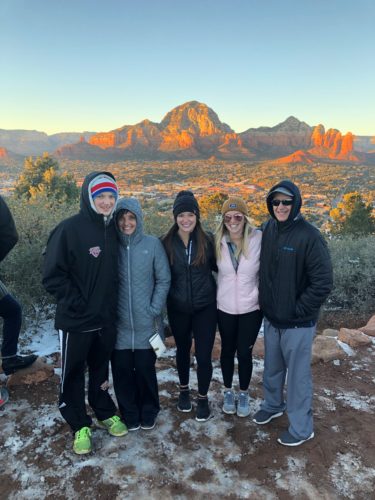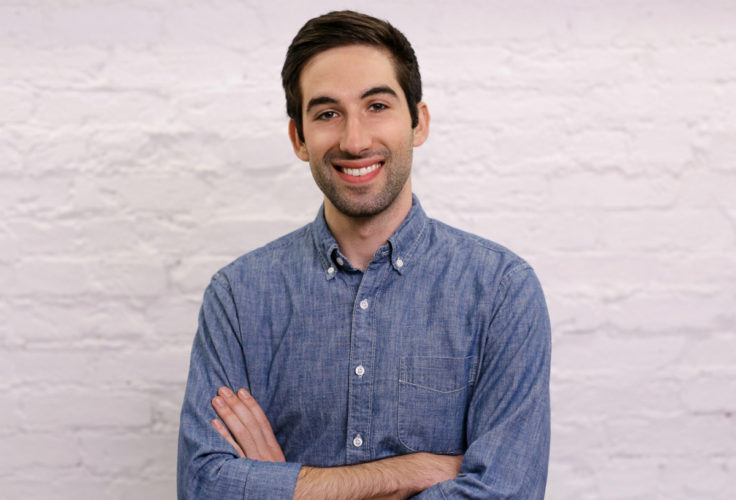Part of a series of Q&As with Olin BSBA alumni. Today we hear from Marc Bernstein, BSBA ’15.
What are you doing for work now, and how did your Olin education impact your career?
I launched a tech startup in January 2017 called Balto Software. Institutions like Olin have sown the seeds for a booming St. Louis tech scene that supports startups like Balto.
Perhaps, more importantly, though, Olin teaches you to do super high-quality work in pretty much every area of business, and that’s critical as a startup. I left Olin with strong foundations in operations, finance, marketing and even accounting (big shout out to Olin’s accounting department; I never could have anticipated how useful basic accounting skills would be in the startup world).
It also doesn’t hurt that my majors were marketing and entrepreneurship, which I apply in some form every single day.
What Olin course, ‘defining moment’ or faculty influenced your life most, and why?
I can’t say I had a specific defining moment at Olin, really. Over the course of my four years at Olin, I tried to sponge up all of the information my professors had to offer. I operated a lifestyle business while I was in school called DoorStep Fitness, which was a direct-to-home personal training company in Washington, DC.
I would split my notebooks for every class into two sections, leaving the left side of the page for class notes and the right side for applications to my company. Then, class would let out, and I’d immediately go implement what I was learning. Doing that for all four years made my academics so much more meaningful.
How do you stay engaged with Olin or your Olin classmates and friends?
I’ve done a few speaking events at Olin (it’s always fun to go back to your alma mater as a speaker), and I also volunteer as a mentor and judge for Olin’s Hatchery class. I think Olin’s Hatchery is the best way to test drive an entrepreneurial idea aside from actually jumping into it.
I love hearing students’ ideas and offering them the real-world perspective of someone who’s on the ground floor of a tech startup.
Why is business education important?
I’m a general believer in the power of specialization, meaning if you practice doing one thing super well, then you can quickly rise to become an expert in your field. I think business education gives you an important jump start on finding your area of specialization.
At Olin, you’re able to try out a number of different business fields and practice making smart business decisions in each one. You’ll naturally find yourself gravitating toward what you love.
Looking back, what advice would you give current Olin students?
I’ll get a little humanist for a second. Every semester, every day, every class, you’re battling the forgetting curve. Forgetting information is hard-wired into our psychology; there’s no way around it.
If you can retain your Olin education after you graduate, your knowledge will put you in the top 1% of the population in easily half a dozen critical skill sets. So do everything you can to apply your business knowledge while you’re in school (internships and side-hustles are awesome ways to do this) and search for relevance in every subject.
If you dedicate yourself to staying curious, you’ll leave Olin feeling like you just got a PhD, and you’ll find yourself applying knowledge years later that you assumed you’d forgotten.


